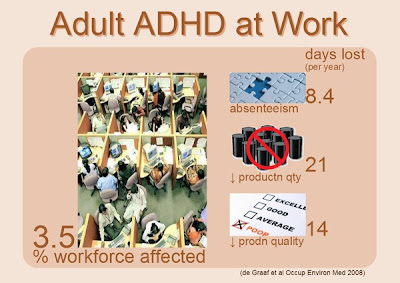References to wisdom and to the wise have been found in almost all ancient civilisations, mythologies, religions, and philosophy. Philosophy (philo-sophia) literally means the love of wisdom. It has often been referred to as the ‘father of all virtues’, suggesting that wisdom was considered to be the ideal of human development, even of divinity - attained only by a few. Many millennia later, we are yet to understand or even define wisdom.
Wisdom is often assumed to be the sum of one’s knowledge and experience. Thinking patterns that are associated with wisdom - the ability to contemplate and think introspectively, to consider multiple perspectives and to have insight into individual and cultural differences develops only in late adulthood, as does practical knowledge of the world. However, age, by itself, does not bring wisdom – some studies have found that many of us tend to become more rigid and live more constricted lives as we grow older, while openness to learning and experience are essential to wisdom.
Wisdom is therefore a multi-dimensional construct, comprising cognitive, emotional and personality attributes; as well as motivational factors. A look at some of the qualities in those we consider wise include:
- Empathetic understanding of human behaviour. The ability to understand is deemed one of the most important aspects of wisdom. A Yiddish proverb says it all - “A wise man hears one word and understands two.”
- Tolerance for different opinions and perspectives. Essential to understanding is the ability to accept and respect differences.
- A rare degree of insight and judgment. The ability to consider the consequences of actions on the individual and on others, and to be able to see the bigger picture.
- Acceptance of life’s uncertainties and the realisation that we must engage with life while knowing that the future can never be totally under our control.
- Humility to accept and be aware of the limits of one’s own knowledge. As the wise Socrates said “The only true wisdom is in knowing you know nothing”.
The ability of an individual to find the right, or at least good answers to complex and important life questions; while balancing the needs of the individual, that of others and the wider society at large is the accepted definition of what we consider wisdom.
Can wisdom be learnt? Do certain environments promote wisdom?
Certain environments can encourage the kind of thinking that characterises wisdom. A non-judgmental framework within which a child can question, voice doubts and is encouraged to respect the views of others fosters wisdom. Conversely, a dogmatic atmosphere in which things are seen as right or wrong may lead to self-centeredness and the inability to appreciate differences of opinions and values. Indeed, educationists, philosophers, and psychologists have suggested that schools should combine the pursuit of knowledge with a curriculum for teaching wisdom. Developing wisdom was indeed considered the aim of teaching and learning in many ancient cultures.
Learning comes, but wisdom lingers - Alfred Lord Tennyson
References

